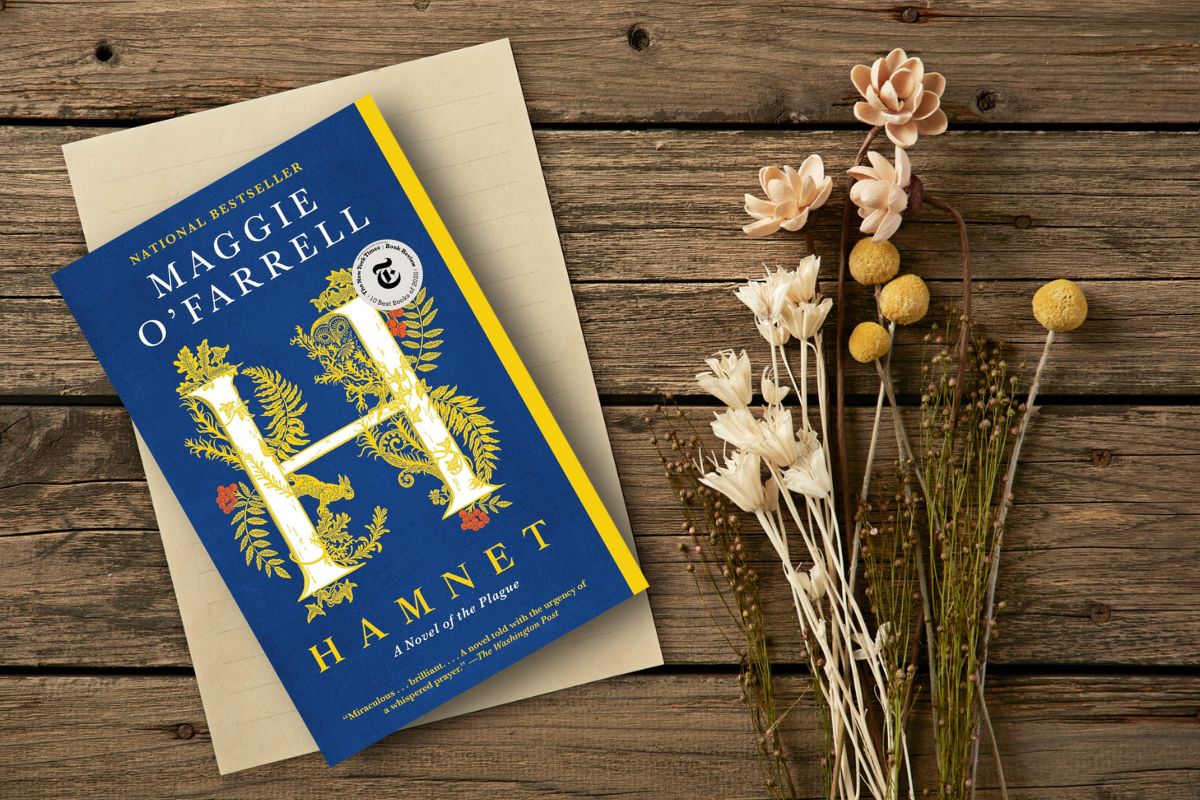Guest Post by writer and editor Laura May.
There are plenty of different writing careers out there, and any given writer could spend their days forging novels, shaping brands, or blogging up a storm (to outline just a few routes). One thing is common to all of them, aside from the obvious kernel, and that’s the capricious element of creativity. No one gets to bypass the awkwardness of being a whirlwind wordsmith one moment and a vacant void the next. It’s just part of the writing process.
This is just one reason why many writers pursue side businesses. If you can’t max out your output all the time, then you might as well get something done while your mind is trying to drag up that adjective that you’re sure you knew yesterday. But is running a side business really a good idea for a writer? Absolutely (the title should have been a clue) — and here’s why:
They can deploy and recharge creativity
Most writers (not all, but most) are quite strongly creative. Taking the words floating around in your mind and assembling them into coherent sentences is an act of creativity, and even those who write dull and repetitive prose must still ensure that their constructions fit together properly. Sadly, though, their writing work might not take full advantage of that creativity.
This isn’t necessarily because they’re unfairly held down by their employers or publishers. Most of the time it’s because their creative ideas just don’t fit the context. I might have an outstanding vision of a darkly comedic musical, but this post would never be a suitable place for a wry ditty about the adventures of a bumbling criminal.
Running a side business allows a writer to use the ideas that they normally can’t. Take a typical eCommerce business like selling custom clothing, for example. You don’t need to know how to design a shirt to sell shirts: you can just use a template as a foundation and add in your creative writing ideas (slogans, quotes, etc.) to build some marketable products.
What’s more, running such a business needn’t just deploy that unused creativity: it could also recharge overall creativity by giving the writer a chance to get excited about their work and allowing their brain to focus on other things for a while. Very often, the best way to figure out the next step in a story is to stop trying to plot for a while.
They bolster inconsistent and/or poor pay
If you’re a big Hollywood screenwriter or the author of bestselling blockbusters, then you can make huge amounts of money — but most writers don’t get that experience. Authors typically slog through periods of zero income to finish their books (particularly when they’re self-publishing), then try to profit as much as they can. Copywriters might get standard salaries, but the rates aren’t that great on average.
That’s why the classic tale of a writer is beset with financial woes. Anyone interested in raking in the big bucks is better served to find another career. But through pursuing a side business, a struggling writer can continue following their passion while solidifying their income.
Imagine that you had a flair for writing but a talent for metalwork, for instance. You could write for half the day and spend the other half working on commissions. Not needing to worry so much about paying the bills might help with the creative process, plus there’s something to be said for professional variety.
They scale with interest and availability
Along with creativity, a writer’s interest and dedication can wax and wane. One day you’re absolutely determined to hunker down and knock out 4000 words by sunset. Another day you’re ready to give it all up and become a farmer. Again, it’s part of the process — and it happens to fit perfectly with the flexibility of a side business.
Suppose that a writer had a great grasp of the technical fundamentals and knew how to communicate them effectively (perhaps they had an extensive background in academia): they could fill their downtime by proofing and editing work for others, or even offering tuition.
If a side business isn’t very enjoyable and/or doesn’t make much money, it can be kept minimal: more of an occasional diversion. If it proves particularly rewarding, though, it can be scaled up. Forget about it when you need to focus on writing and pick it back up when you have time. That’s core to the appeal of running a side business.
Anyone who works as a writer might have daydreamed about doing other things, but they can do more than dream. Through setting up a side business that fits with their skills and interests, they can rediscover their creativity, supplement their income, and take up as much (or as little) of their time as they want.
Laura May is a Digital Editor at Just Another Magazine. We write about beauty, fashion, lifestyle, relationships, travel, trends, and anything else that matters to you. Name throwing you off? Don’t take it too seriously – we intend to stand out from the crowd.














Leave A Comment